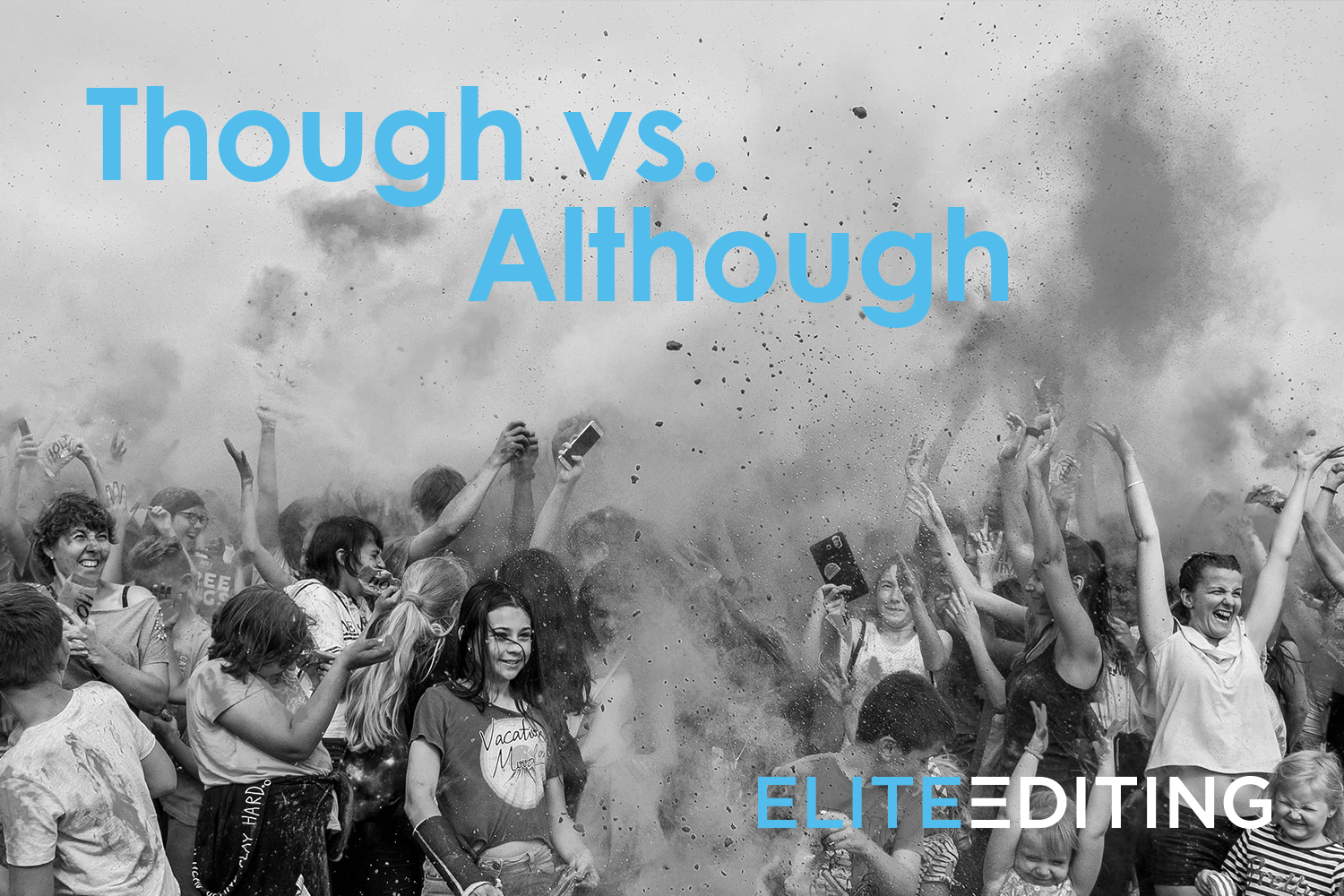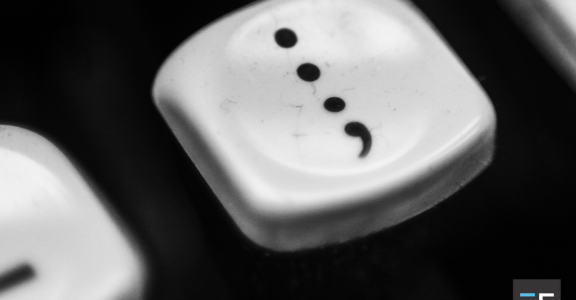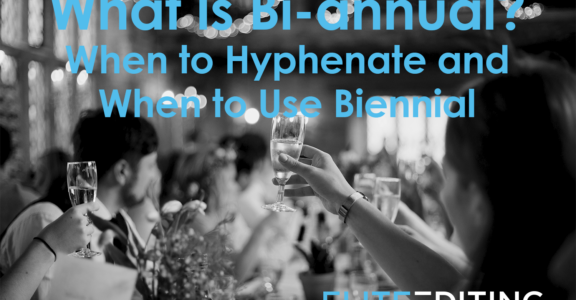When was the last time you wrote something and were faced with the though vs. although dilemma? If you’re reading this post, it’s likely it was recently! We’re here to help you decipher the subtleties of the English language—a couple of words at a time. Let’s get started.
First, what do they have in common?
If although vs. though seem interchangeable at first, it’s because in some instances they are. When used as conjunctions, although and though can be exchanged one for the other and mean the same thing.
For example, if I said, “Although I came in last place, I still had fun,” I could replace although with though, and the meaning of the sentence would remain unchanged: “Though I came in last place, I still had fun.” When used as conjunctions, both words mean “in spite of the fact that.” Though dates back to the thirteenth century, while although dates back only to the fourteenth century. Originally, although was two words—all though—where the all was used to emphasize though.
Generally, although is used in more formal writing, though not always. (See what I did there?) Though is more often used in speech and casual writing. Additionally, although usually begins a sentence, while though can come at the beginning of any clause. But because the two words are different in other ways, deciding which one to use can sometimes be confusing.
All right, so what’s different?
This is where though vs. although gets interesting. Though is a conjunction, yes, but it’s not only a conjunction. Brace yourself—it’s also an adverb. (Just to clarify, although is only a conjunction.) As an adverb, though means “however” or “regardless” or “nonetheless”—it qualifies or imposes restrictions on what was previously said. For example, I could say, “It’s hard work. I enjoy it, though.” In this case, though is being used as an adverb to qualify the statement preceding it. Here’s another example: “Horror films give me nightmares. I love thrillers, though.”
What if I’m still confused?
I hear you! Although vs. though is confusing. If you’re still not sure about when to use which word, I recommend using though for a couple of reasons. First, though and although are interchangeable when used as conjunctions, meaning that anywhere you’d use although, you can write though instead. Second, it’s only though that has the extra adverbial meaning as well, so if you use though, you’ll be on firm ground no matter what you’re writing.








